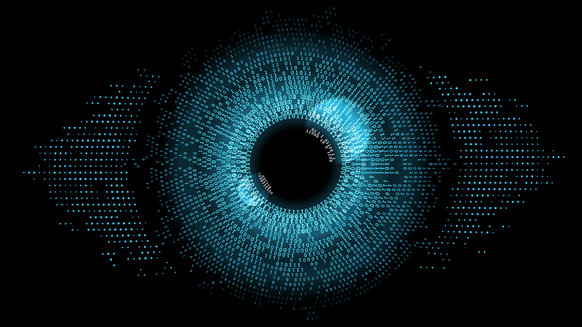The U.S. Department of Energy (DOE) said Tuesday it has awarded $39 million in grants to national labs for projects exploring solutions to protect so-called distributed energy resources (DERs) from cyberattacks.
The funding covers, according to a DOE press release, “utility-scale solar, wind, storage and other clean technologies; behind-the-meter renewables and storage systems; electric vehicle chargers; and other proprietary devices of the client”.
Awarded to nine projects, the funding “will support targeted research, development and demonstration related to different elements of the DER landscape, underscoring the Biden-Harris Administration’s commitment to strengthening the energy and national security of the nation,” the press release said.
Puesh Kumar, director of DOE’s Office of Cybersecurity, Energy Security and Emergency Response, said in a statement: “Distributed energy resources are critical to achieving President Biden’s ambitious clean energy and climate goals, and ensuring The cybersecurity of these resources is important to building a resilient energy future for all Americans.”
The National Renewable Energy Laboratory has been awarded $4,924,627 to develop an “emulation-based analysis framework to better understand cyber vulnerabilities and provide mitigation strategies to guide utilities and other stakeholders operating DER in disadvantaged communities,” said the DOE.
“The framework will use techniques that combine analysis and off-line modeling of integrated DER systems to better understand the cybersecurity impacts of the clean energy transition in these communities.”
Sandia National Laboratory has received the same amount to “research and develop a reference model for DER communication protocols using IPv6 and OT SDN.”
The same lab has raised another $4,900,004 for a project that “will seek to inspect encrypted DER traffic at the cloud/utility firewall and act as a template for all DER providers, operators, aggregators and utilities,” it said. say the DOE.
“This will enable industry entities to deploy defense-in-depth solutions for DER management systems with next-generation firewalls and orchestration, automation and security response solutions.”
Lawrence Berkeley National Laboratory has been awarded $4,895,989 for its work on software that would “allow utilities to share relevant cybersecurity information with each other in a way that does not compromise the privacy of customers in their service territories, reducing thus companies’ reluctance to share information derived from privacy-related responsibilities.” The same lab got a separate $4,872,397 for the development of “cybersecurity detection tools for DER aggregations” to help secure power grids.
For its efforts in “generic security solutions for public or hybrid clouds,” Brookhaven National Laboratory has received $3,841,209. “These cloud solutions have been adopted by utilities to target real-time DER applications that provide frequency and voltage support to the power grid, specifically across multiple virtual power plants,” the DOE said.
Oak Ridge National Laboratory has been awarded $3,692,896 for a project that incorporates “principles of DER system physics into various machine learning-based applications for a comprehensive approach to cyber resilience that includes analyzing of vulnerabilities, attack detection and mitigation, as well as system recovery for the DER system. operations.”
The Pacific Northwest National Laboratory has been awarded $3,496,485 to “develop algorithms and an artificial intelligence/machine learning tool for operators to demonstrate human-machine teaming.”
Argonne National Laboratory has been awarded $3,484,765 to try to develop an “intrusion diagnostic unit cybersecurity software tool for DER aggregators to securely participate in wholesale energy markets.”
To contact the author, please email jov.onsat@rigzone.com


